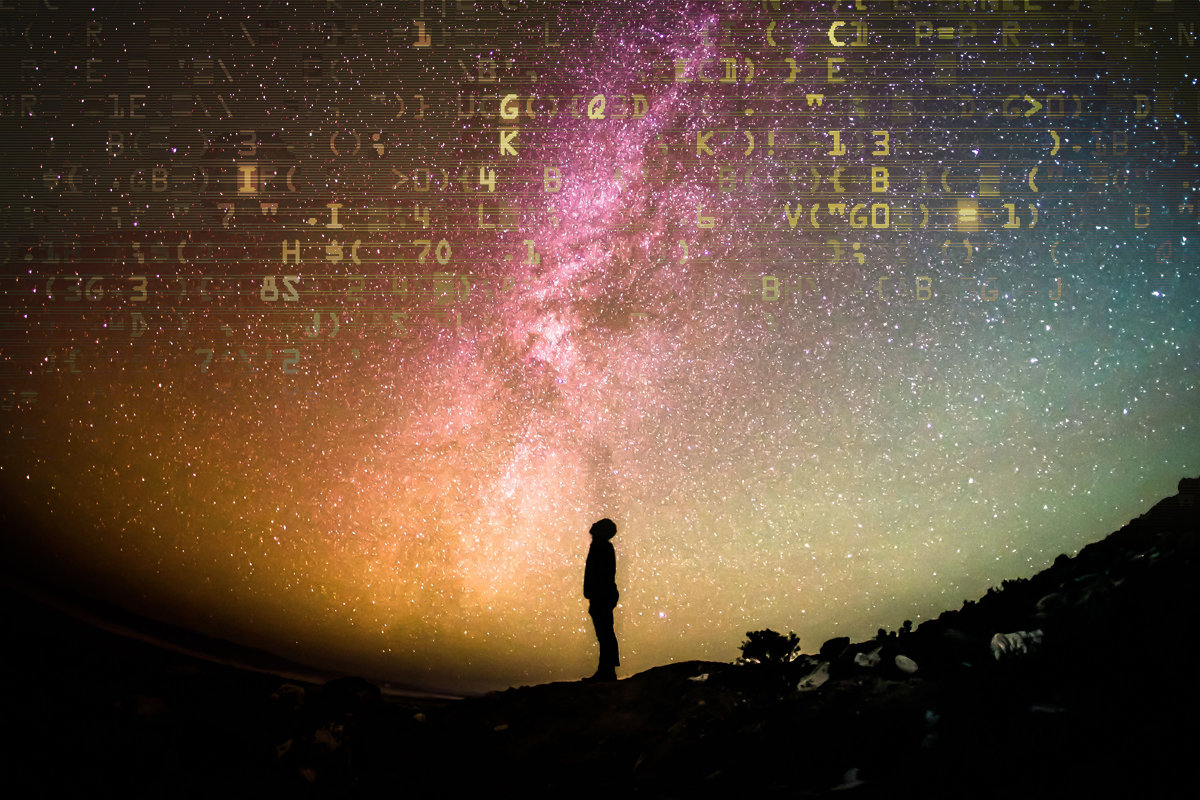What will we invent after we invent everything that can be invented? Artificial intelligence stands to be the most radically transformative technology ever developed by the human race.
copyright by www.cio.com
 As a former artificial intelligence entrepreneur turned investor, I spend a lot of time thinking about the future of this technology: where it’s taking us and how our lives are going to reform around it. We humans tend to develop emergent technologies to the nth degree, so I think there is a certain inevitability to the far-out techno-utopian visions from certain branches of science fiction — it just makes common sense to me and many others. Why shouldn’t AI change everything?
As a former artificial intelligence entrepreneur turned investor, I spend a lot of time thinking about the future of this technology: where it’s taking us and how our lives are going to reform around it. We humans tend to develop emergent technologies to the nth degree, so I think there is a certain inevitability to the far-out techno-utopian visions from certain branches of science fiction — it just makes common sense to me and many others. Why shouldn’t AI change everything?
While we’ve come a long way in this particular field, the current situation resembles a camp of explorers perched at the base of a mountain — the only way forward from here is up. We already have some compelling use cases for this technology in science and business today, and there are even a number of consumer products boasting artificially intelligent “brains” inside them.
But all the cool stuff that captures our dreams and imaginations — conversational computers with general intelligence, for example — is on the other side of this figurative mountain. It’s time to start climbing.
At the risk of speaking in generalities, here’s how I forecast our weird, unknown future where AI is simultaneously very advanced and very mainstream. Things are going to be completely different from what we know today, but these changes are distinctly positive, not negative.
There’s going to be a new understanding of ‘normal’
A world of widespread AI systems and services won’t closely resemble the one we live in now. Someone mindlessly conversing with Siri on the sidewalk gets eyeballs from strangers for seeming oblivious to the organic human life around them. But the proliferation of high-charged AI technology will mean that everyone will talk to their machines all the time. “After all, they understand us,” will go the reasoning.
This change won’t be limited to our personal technology — we’ll start seeing public interfaces for it as well. Imagine your Uber robotic flying cars will automatically know where you want to go without you having to type anything. Imagine never having to carry a wallet around ever again, because your money and identity will be based on facial recognition and other biometrics. As we go further out, we might not even have to speak anymore, instead exchanging thoughts and precepts with other humans or AI agents directly, using via neurotechnology like brain-computer interfaces.[…]
read more – copyright by www.cio.com
Thank you for reading this post, don't forget to subscribe to our AI NAVIGATOR!


What will we invent after we invent everything that can be invented? Artificial intelligence stands to be the most radically transformative technology ever developed by the human race.
copyright by www.cio.com
While we’ve come a long way in this particular field, the current situation resembles a camp of explorers perched at the base of a mountain — the only way forward from here is up. We already have some compelling use cases for this technology in science and business today, and there are even a number of consumer products boasting artificially intelligent “brains” inside them.
But all the cool stuff that captures our dreams and imaginations — conversational computers with general intelligence, for example — is on the other side of this figurative mountain. It’s time to start climbing.
At the risk of speaking in generalities, here’s how I forecast our weird, unknown future where AI is simultaneously very advanced and very mainstream. Things are going to be completely different from what we know today, but these changes are distinctly positive, not negative.
There’s going to be a new understanding of ‘normal’
A world of widespread AI systems and services won’t closely resemble the one we live in now. Someone mindlessly conversing with Siri on the sidewalk gets eyeballs from strangers for seeming oblivious to the organic human life around them. But the proliferation of high-charged AI technology will mean that everyone will talk to their machines all the time. “After all, they understand us,” will go the reasoning.
This change won’t be limited to our personal technology — we’ll start seeing public interfaces for it as well. Imagine your Uber robotic flying cars will automatically know where you want to go without you having to type anything. Imagine never having to carry a wallet around ever again, because your money and identity will be based on facial recognition and other biometrics. As we go further out, we might not even have to speak anymore, instead exchanging thoughts and precepts with other humans or AI agents directly, using via neurotechnology like brain-computer interfaces.[…]
read more – copyright by www.cio.com
Thank you for reading this post, don't forget to subscribe to our AI NAVIGATOR!
Share this: